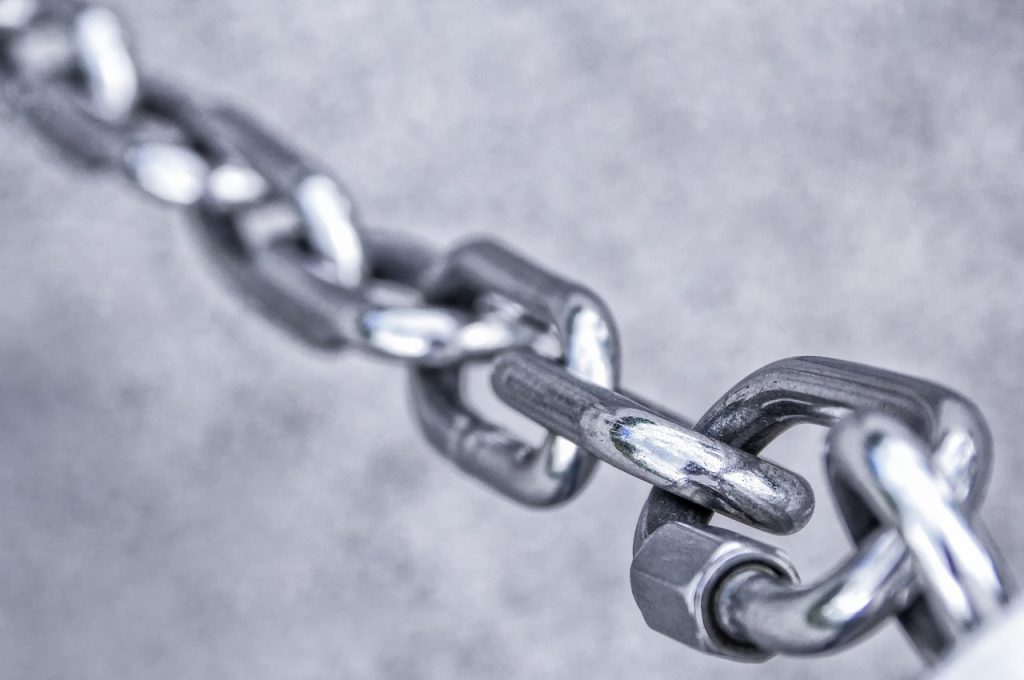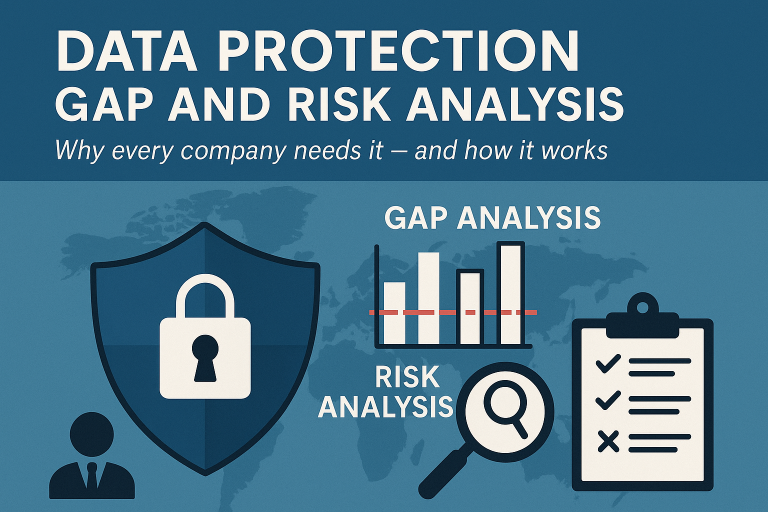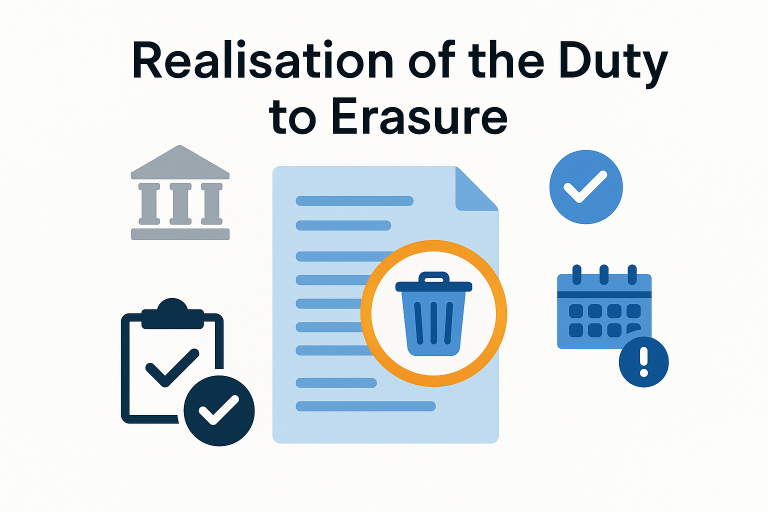The Barrierefreiheitsstärkungsgesetz (BFSG) comes into force on June 28, 2025. The BFSG aims to strengthen the right of people with disabilities to participate in society’s digital life. The BFSG is therefore intended to lead to comprehensive inclusion in the digital sphere. Basically, this is a special form of consumer protection for certain consumer groups. Here you can find out what is changing with the BFSG and how you can easily implement your obligations under the new law.
Who has to comply with the BFSG?
The BFSG applies to all manufacturers, authorized representatives, importers, retailers and service providers in the B2C sector. They must provide or offer their products or services in an accessible manner. Products in this context are all products with digital elements such as notebooks, smartphones, e-book readers, games consoles, but also self-service terminals such as ticket machines or ATMs. Services within the meaning of the BFSG are, in particular, commercial websites such as online stores and corresponding apps. The decisive factor for a commercial website within the meaning of the BFSG is that the website is used to conclude paid consumer contracts. Websites that offer free services, are merely informative in nature or are obviously only designed for B2B business (e.g. purely informational blogs, private websites, etc.) are not covered. Companies with fewer than 10 employees and an annual turnover of less than EUR 2 million are also excluded. Even if the implementation of the BFSG is not possible due to disproportionate burdens or if the product has to be significantly changed as a result, the BFSG may not be implemented. The legislator has also provided a list of further exceptions in Section 1 (4) BFSG.
What must be implemented?
The purpose of the BFSG is to ensure that the above-mentioned products and services are barrier-free. Products and services are barrier-free if they can be found, accessed and used by people with disabilities in the usual way, without any particular difficulty and, in principle, without assistance. The law and accompanying regulations formulate numerous general and industry-specific requirements for this.
In addition, your terms and conditions may need to be adapted, your employees trained and an accessibility statement made available on the website.
What content must an accessibility statement contain?
The statement itself should be published as a stand-alone statement on the website or where the mobile application is made available for download and should always be made accessible to the consumer The required minimum content of an accessibility statement for the website includes
- Self-commitment to accessibility
- Positive or negative definition of the scope of the declaration (website, app)
- General description of the service
- Indication of whether the website/app is fully, partially or not accessible
- Brief description of the current status of accessibility based on the specific legal requirements to be implemented
- List of non-accessible content and justification:
- Significant change to the product
- Disproportionate burden
- Content does not fall under the scope of application
- Information and description of the complaint procedure with the responsible market surveillance authority incl. link
- Your contact details for reporting barriers and information on submitting reports (feedback mechanism)
- the date of publication and last update of the accessibility statement
Use our free checklist to review your accessibility statement!
Why is it important to implement the BFSG?
Violations of the BFSG can result in penalties of up to EUR 100,000 per individual case. Websites may also be shut down, the provision of the affected products on the German market may be restricted or products that have already been placed on the market may have to be recalled.
When must the BFSG be implemented?
The BFSG must be implemented by June 28, 2025. Under certain conditions, there is a transitional period until June 27, 2030.









